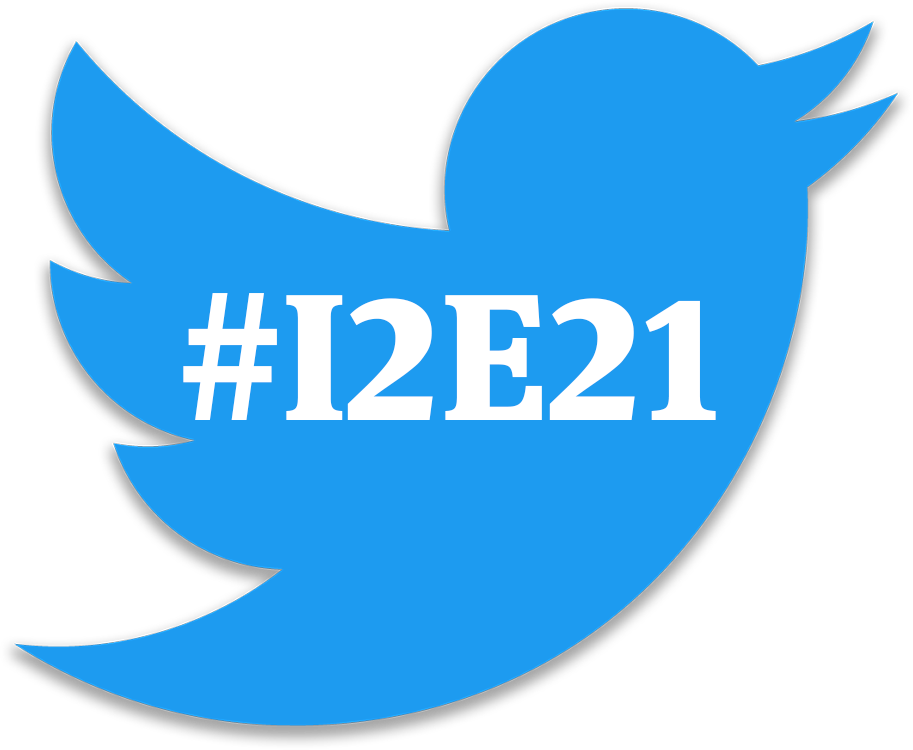Unit 1: What is Ethics?

Photo: Colleen Hayes / NBC.
What is ethics? How can we study it? How it is practiced? Why is this course being taught by a philosopher? This module will introduce you to the field of ethics from a philosophical perspective.
In this, I have three learning outcomes for you. At the end of this module, you will be able to…
- Explain the nature of ethics, and how it may be divided into three basic areas;
- Distinguish ethics from other fields of study, especially those in the social sciences; and
- Practice some basic moral reasoning with some classic trolley examples.
Read This:
|
What is Morality? 
|
Context
James Rachels (1941–2003) was an American philosopher who wrote The Elements of Moral Philosophy, a popular introduction to the study of ethics. Stuart Rachels (1969–present) is his son, and he has continued to revise and edit this book into new editions after his father’s death. We will be using this book a lot in this class. However, I will sometimes use earlier editions of this book because the younger Rachels has occasionally made some questionable changes. (The good news is that I will provide you with PDFs of all readings for this course, so you do not have to track things down on your own.)
The reading for this module is the first chapter of the book. Here Rachels and Rachels seek to outline what they take to be the nature of ethics and morality, providing a straightforward expression of how philosophers tend to understand and approach the subject.
Finally, just so you are aware: I will be using the words “ethics” and “morality” interchangeably. Yes, some people may mean radically different things with these two words. However, for my purposes in this course, they mean the exact same thing.
Reading Questions
As you read, keep these questions in mind:
- According to James Rachels and Stuart Rachels, what does moral philosophy seek to better understand? (Hint: they quote Socrates on this matter.)
- What do Rachels and Rachels believe about the role of reason and impartiality in morality?
- Putting all this together, what do Rachels and Rachels mean by the “minimum conception of morality”?
Although I strongly suggest that you write out brief answers to these questions, you do not have to turn in written responses. You do, however, need to be prepared to answer questions like these on module quizzes and the unit exams.
References
Rachels, J., & Rachels, S. (2018). What is morality? In The elements of moral philosophy (9th ed., pp. 1–13). McGraw-Hill.
Watch This:
|
Video 1 
|
Video 2 
|
|
Video 3 
|
Video 4 
|
Do This:
|
Module 1 Quiz 
Due: September 4 |
|
|
5 Tweets this Week 
Due: September 4 |


